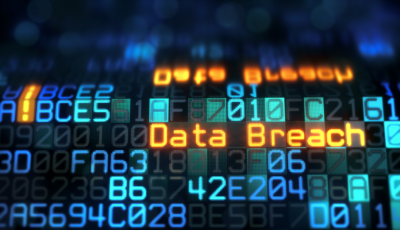Article Summary
This article discusses the top 5 security audit tools for you to consider for the needs of your organization as well as mentions the feature of good tools that you might want in your top picks. Lastly, the different types of security audit tools as well the steps taken during an audit are explained in length.
Ponemon Institute’s recent State of Cyber Security Report states that 45% of small to medium businesses have woefully inadequate security measures that do not thwart cybersecurity attacks.
Employing security audit tools in a timely manner is how you can stay safe and avoid becoming a dread statistic for a cybersecurity attack.
Here are some of the top security audit tools to keep a look out for:
With security audit tools being a key barrier of defense against a cybersecurity attack due to a faulty security measure, it is important to choose the right security audit tool for your needs.
When considering the different security audit tools available, here are some of the features to consider:
- Should provide comprehensive vulnerability scanning
- Provide pentesting services
- Give detailed audit reports
- Remediation support by the tool.
- Provision of compliance-specific scans.
These features are explained in further detail in the coming sections. This article will detail the top 5 security audit tools that should be considered, the different types of important security audits, and the steps taken by security audit tools. Let’s dive in!
Top 5 Security Audit Tools
1. Astra Security

One of the top-notch security weaknesses audit tools, Astra Security provides expert security audits with the assurance of zero false positives to find all the weak spots plaguing one’s security.
- Regular Pentests
Astra provides continuous hacker-style penetration tests to identify and exploit vulnerabilities through vulnerability scans. This helps organizations gain an in-depth understanding of how an actual hack would affect their systems, network, and data.
- Comprehensive Vulnerability Scanner
Astra Pentest provides a world-class comprehensive vulnerability scanner that is capable of finding vulnerabilities using NIST and OWASP methodologies. These vulnerabilities are identified based on known CVEs, OWASP Top 10, SANS 25, and intel from various reliable sources.
- Easy-To-Navigate Dashboard
With a total of ease of use and navigation, Astra’s dashboards win its customers over its great user experience. The dashboard displays the vulnerabilities found in real-time with the severity scores and provides an option of collaboration with the target’s development time for quicker smoother patching.
- Achieve Compliance
Astra helps maintain compliance with its compliance-specific scans for regulatory standards like PCI-DSS, SOC 2, GDPR, ISO 27001, and HIPAA. Astra’s scans find areas of non-compliance based on the compliance standards you choose to scan for. This is important as your organization can stay compliant and avoid any hefty fines.
- Detailed Reports
Well-detailed reports are yet another alluring feature of Astra’s security audit services. These reports have the scope of testing explained, vulnerabilities found on scanning, methods employed for exploitation of vulnerabilities, and the damages and information revealed from exploiting them as well. These reports are extremely useful for organizations when it comes to patching, or for documenting purposes for an audit.
- Astra Pentest Certificate
Astra pentest certificate is only provided to customers who patch all the vulnerabilities found in the security audit and obtain a rescan to ensure that there are no further vulnerabilities.
This publicly verifiable certificate can be displayed on your websites to showcase its reliability and security-conscious nature. This brings about more customers who trust your organization’s services.
- 24*7 Customer Support
Astra provides 24*7 expert assistance to its customers through e-mails, phone calls, and even the dashboard. Customers can touch with any queries they have regarding any vulnerabilities within the reply box under every vulnerability detected.
- Assured Zero False Positive
Zero false positives are a sure thing with Astra’s thorough vetting which is done by expert pentesters based on the automated pentest results obtained. This double-checking, therefore, ensures that the customers don’t have to worry about any false positive vulnerability detection.
Pros
- Thorough reports
- Great remediation assistance
- Easy to use and navigate
- Pocket-friendly.
- Assures zero false positives with vetted scans.
Cons
- Does not have free trials.
- Could have more integrations.
2. Sprinto
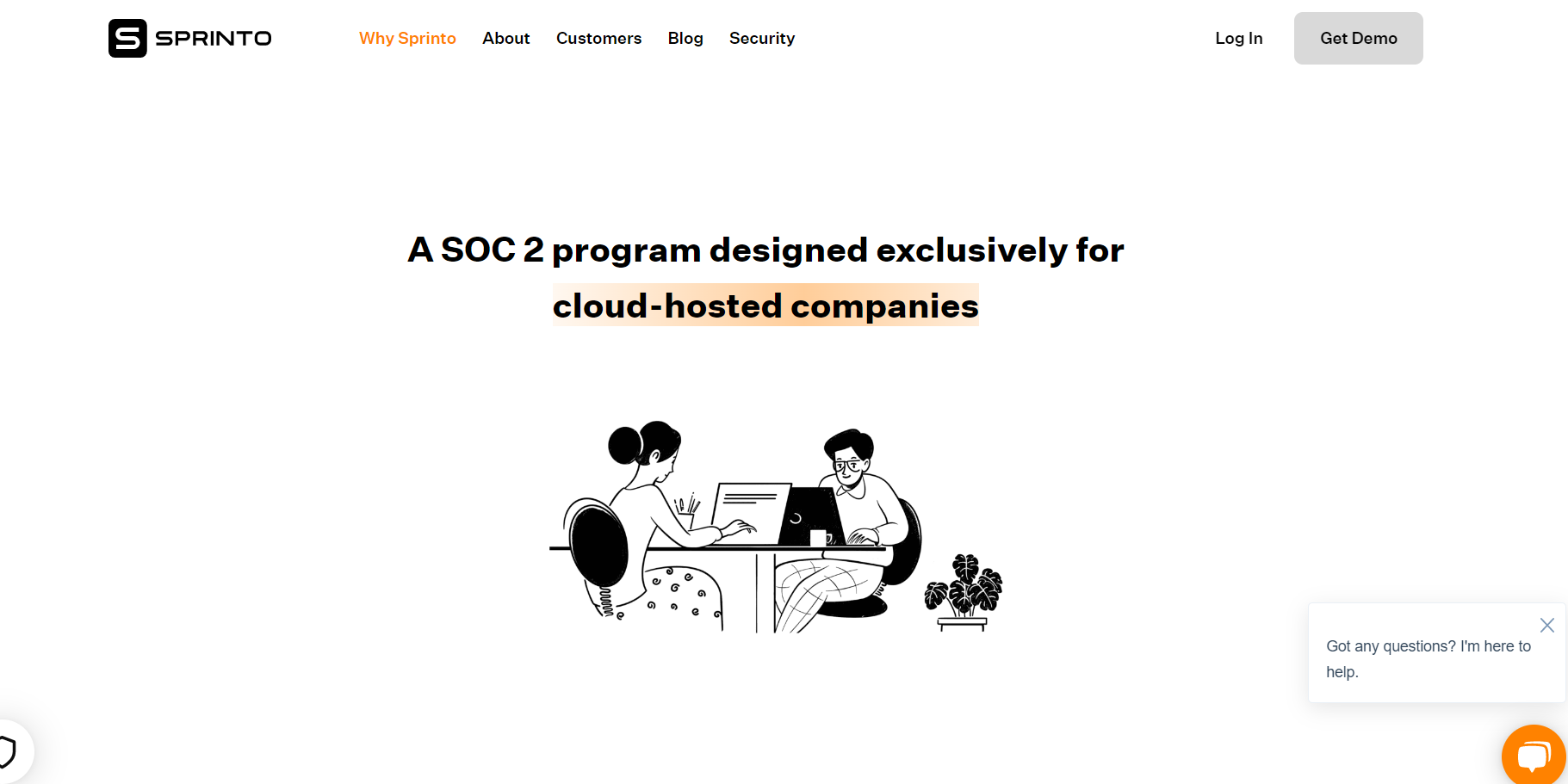
Sprinto’s smart automation brings a new speed to security auditing where it’s done in mere weeks. Some of its features include a comprehensive compliance checklist and systems integration.
Sprinto’s does not require customer data access but rather works by just monitoring the system’s configurations. They provide live sessions that help your organization to construct an implementation plan much faster.
Pros
- Provides zero touch audits.
- Automated evidence collection.
- Live sessions to construct better security plans.
Cons
- Can be a bit difficult to navigate.
3. Qualys
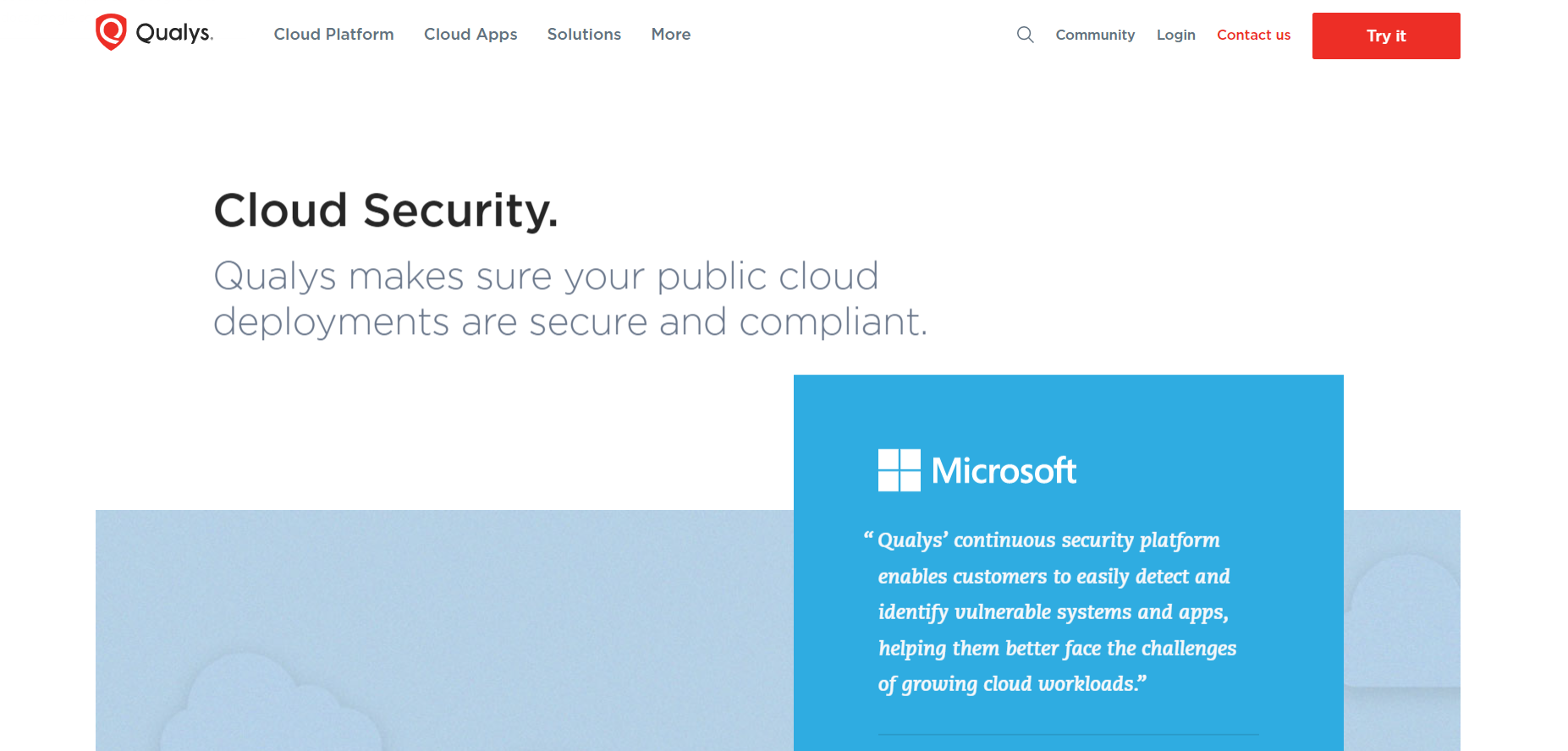
Qualys is a cloud security audit tool that allows the assessment of cloud assets, vulnerabilities, and compliance status. Qualys has a large database of known CVEs that is constantly updated. Its scalability and accuracy are some of the reasons that make this tool a popular choice.
Pros
- The highly scalable security audit solution
- Provides vulnerability management, detection, and response.
- Accurate reporting that is easy to follow.
Cons
- Can be slow when scanning.
- Difficult to navigate for beginners.
- Slightly on the expensive end.
- No zero false positive assurance.
Also Read- Top Qualys Alternative and Competitor
4. Nessus
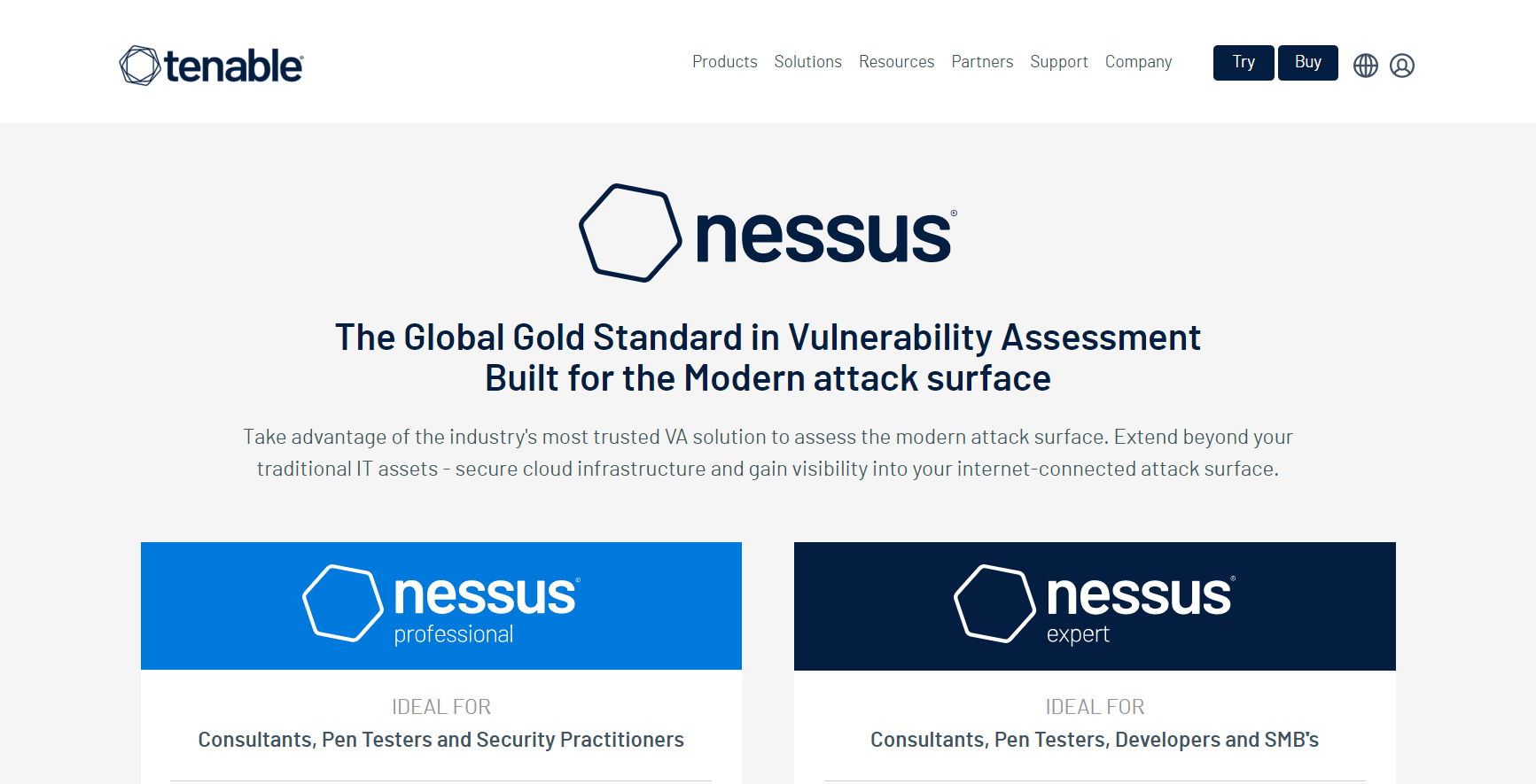
Nessus is a web application security audit tool released by Tenable. It helps with point-in-time analysis of security systems to find vulnerabilities that may be plaguing them. They also provide a detailed reporting feature that details the vulnerabilities found and the appropriate patches for them.
Pros
- Helps find missing patches that are critical to maintaining security.
- Point-in-time analysis of security system.
- Helps achieve compliance with the scans.
Cons
- Advanced support is only available upon additional payment.
- Takes time to complete scans.
- Can be an expensive solution.
Also, Check Out- Top Tenable Alternative and Competitor
5. Symantec
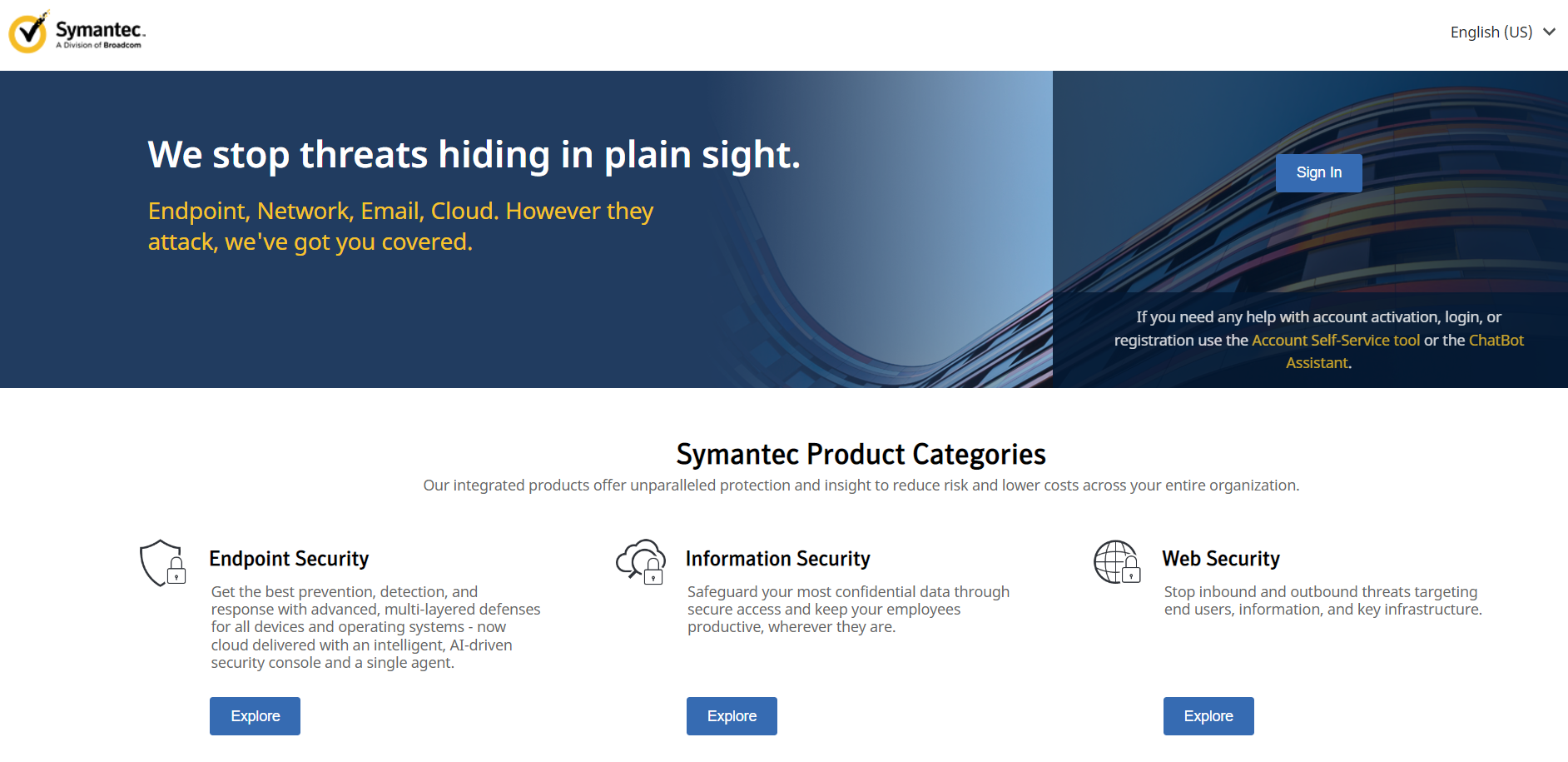
Symantec, developed by Broadcom Inc., has cloud workload protection which provides automated security measures including cloud security audits for your cloud providers and customers alike. Besides security audits, it also provides anti-malware, intrusion prevention, and more.
Pros
- Provides end-point protection and threat detection.
- Has malware detection capabilities with the capacity for immediate remediation.
- Can be integrated within the CI/CD pipeline.
Cons
- A pricey solution that may not be feasible for small to medium-sized companies.
- Could provide better integration possibilities.
Features Of A Good Security Audit Tool
1. Comprehensive Vulnerability Scanning
The tool should continuously monitor and scan assets to find any hidden or new vulnerabilities that could have risen. It is also important that these scans be conducted every time an application is updated, a new feature is added or some other form of change is made.
2. Pentesting
Should be capable of providing continuous pentests to assess an organization’s security posture on a regular basis. Based on the initial scope and the needs of the target organization, it should deploy its automated scanner or enlist its own pentesting team to find the security flaws of the organization.
3. Detailed Audit Report
Detailed audit reports are an essential feature of security audit tools as it helps customers make fixes based on risk priority as this with the detailed steps for patching each vulnerability will be mentioned within the report along with the CVSS scores for them.
4. Remediation Support
They should be able to provide expert assistance with vulnerability remediation for your organization’s security. This includes supplying POC videos, immediate query clearance, and detailed steps within the security audit report.
5. Compliance-Specific Scan
Compliance-specific scans can help your organization achieve and maintain the compliances it requires in a completely hassle-free manner. It conducts compliance checks for GDPR, HIPAA, PCI-DSS, ISO 27001, and SOC2.
A dashboard devoted to compliance can help you choose the compliance you want to scan for based on which the scan detects any and every non-compliance that needs to be remedied.
Different Types Of Security Audit
1. Network Security Audit Tools
Network security forms a crucial cog in the wheel of IT security. Employing network security audit tools to conduct audits carries relevance as networks usually see high activity in terms of data transfers and storage.
2. Web Application Security Audit Tools
Web security audit tools are used to conduct security audits for web applications to help identify vulnerabilities and loopholes within them before they are exploited. This staves off various kinds of threats like DDoS attacks, and can even help find business logic errors. The front end of a website gets tested and all aspects of it including extensions and themes are assessed too.
3. Cloud Security Audit Tools
Cloud security audit tools are used to carry out security audits on the cloud servers were copious amounts of data and applications are stored and transmitted making it vital to ensure that the cloud server providers carry out regular audits to make sure that all vulnerabilities have been found and fixed.
Essential Steps In A Security Audit
- Define Scope
This is the initial phase where a scope is agreed upon by the pentesters and the customer which details the number of assets to be audited, the rules of attack, and the understanding of the needs of the client.
Proper scoping is required for a thorough security audit, to avoid scope creep and legal troubles.
- Scan Assets
This is the second phase of a security audit where the decision on assets is scanned for any vulnerabilities or areas of non-compliance using automated security audit tools. Both open-source and freely available security audit tools can be used for this task.
- Risk Evaluation
The vulnerabilities discovered are categorized based on the severity of the threat they represent. This is done according to CVSS (Common Vulnerability Scoring System) scores in which 8-10 represents critical vulnerabilities, 5-7 medium-level vulnerabilities, and 1- 4 low-level vulnerabilities.
- Audit Report
Once the security audit tool completes the security audit, it then generates a detailed audit report for the customers to help them understand the measures taken, vulnerabilities found, remediation measures that can be opted and help with good documentation of security.
- Remediation
The audit report will contain measures of remediation for the vulnerabilities found on them. These vulnerabilities are to be remediated and patched based on criticality, the ones with high criticality should be patched immediately.
Conclusion
Security audits are an increasing demand that is made by most compliances and nowadays, even customers. This essentially helps assure the quality of one’s security system in place and also helps in achieving compliance.
This article has mentioned the top 5 security audit tools that can benefit your organization by making the right choice for it. Along with this, the article also mentions the different types of security audits and the features of a good security audit tool to guide you to the choice for your needs.
FAQs
What type of tools are used in a security audit?
Different types of tools like penetration testing tools and vulnerability scanners are used in tandem to gain an in-depth analysis of a security system during a security audit.
What are the two types of security audits?
Security audits come in two forms:
1. Internal audits: These are security audits conducted internally within an organization using its own auditing department and resources.
2. External audits: In this scenario, an auditor is hired to conduct a thorough audit of one’s security.
What are some of the open source tools available for security audits?
Some of the open source tools to carry out security audits are ZAP, SQLmap, and BeEF (Browser Exploitation Network).
![Top 5 Security Audit Tools [Reviewed]](https://cdn-blog.getastra.com/2022/10/Featured-Images-17.png)




